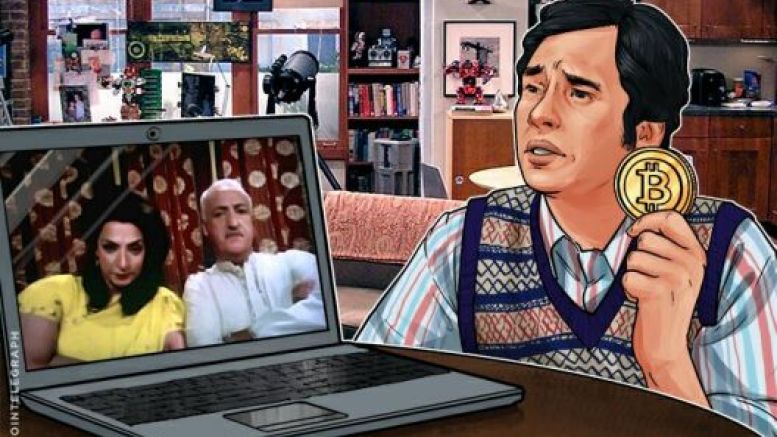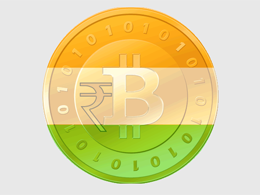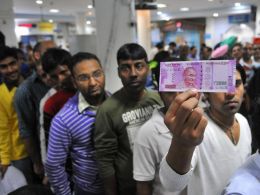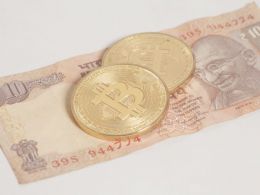
Receiving Remittances in India With Rupee, You Lose, With Bitcoin, You Profit
India received an estimated $69 bln in remittances in 2015. What would be the best way for Indians to receive this money? World’s largest receiver of remittances. Economic migrants send home a significant amount of remittances every year. According to the World Bank, India was the largest recipient of remittances in 2015 – estimated at $69 bln. Other large recipients of remittances include China - $64 bln - and the Philippines - $28 bln. Indians working in developed countries in the Middle East, America and Canada send significant amounts of money to support their families in India.....
Related News
India is the largest remittance market in the world and in fact, the country depends on a great degree on inward remittances, more so since the global economic crisis of 2008 than ever before. This should not come as a surprise as Indians form the world’s largest diaspora, according to figures released by the United Nations. In the past five years, more than two mln have migrated abroad. In total about 15.6 mln people born in India now live abroad. According to the Wall Street Journal, Indians working abroad sent a record $72 bln in remittances to India. In the last decade, remittances....
The second most populated country in the world is stepping up to the plate to consider Bitcoin and provide this digital, decentralized cryptocurrency an opportunity to flourish prior to regulating. With a population of over 1,232,530,000, India is a hotspot of potential for growth of the Bitcoin currency and community. Right on the top of the list of the most tech-oriented nations, India will take a leap forward should the Reserve Bank of India truly take a hands off approach towards the Bitcoin currency. As the Indian Rupee is calling for attention with higher rates of inflation, the....
A shortage of new notes in India following sudden currency reforms means workers’ first payday comes amid a banking meltdown. PAYDAY WOES, RUPEE LOWS. On the evening of November 8, 2016, Indian Prime Minister Narendra Modi made the shock announcement that all 500 and 1000 rupee notes would immediately cease to be legal tender. For the majority of the Indian workforce, today is their first payday since that announcement. With a shortage of the new 2000 rupee notes, banks are facing a new crisis. Back in October, we published a piece on the potential for India to cause strong upward pressure....
Working around the cash shortage in India has become a puzzle. Banks are experimenting with ATM buses, and it is possible to hire people who will stand in line for you. Obtaining new rupee banknotes in India remains a big struggle to his very day. Nearly a month after the cash ban had gone into effect, a lot of residents are still waiting in line outside bank branches. Thanks to Snapdeal, it is now possible to purchase new bills online and have them delivered to a home address. Orders can be placed with debit cards, and there is one rupee commission. Things have gotten out of hand rather....
Looking over the Google Trends page, it looks like “buy Bitcoin” is quickly gaining popularity. There seems to be a lot of confusion regarding the financial situation in India. Albeit the 500 and 1,000 Rupee notes are now illegal, that does not mean they are useless. Consumers can exchange them at 70% of face value at exchange offices. That said, the interest in Bitcoin continues to grow in the country, and will continue to do so for the foreseeable future. Cryptocurrency enthusiasts remain hopeful Bitcoin will dethrone cash sooner or later. While that sentiment is shared by a lot of....





